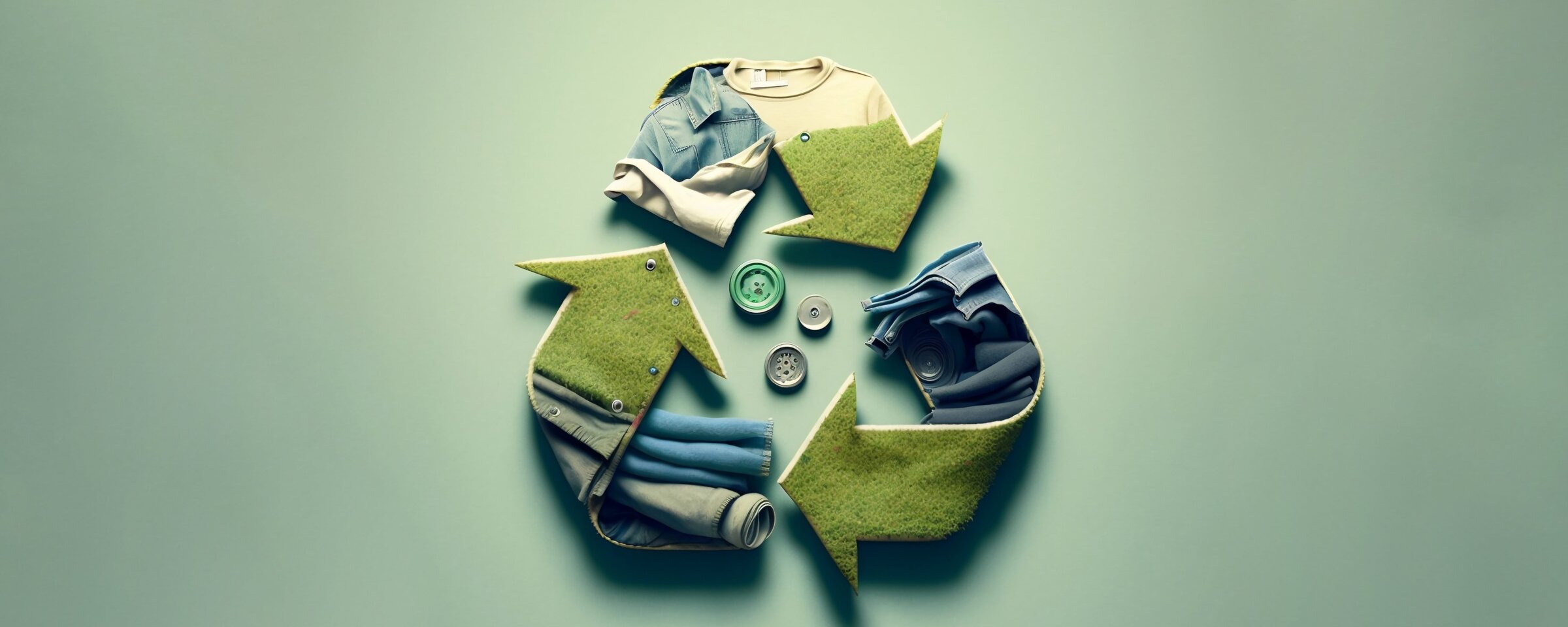Sustainability is not a topic for the future in sports retail, but has long since arrived. Many retailers have been focusing on high-quality, durable products, repair services and rental models for years. But while sustainable services are well established, pressure is growing at the same time: new legal requirements, increasing demands for transparency. We spoke to Katja Mendel, Sustainability & Impact Manager at SPORT 2000 GmbH, about the opportunities and challenges this presents and the next crucial steps to take.
Dear Katja, where does the sports retail industry stand on the issue of sustainability?
Katja Mendel: Very far. Sustainability is nothing new for the sports retail trade, even if we didn’t call it that in the past. Needs-based advice has always meant working with customers to find out whether they really need a product and which one best suits their needs. In addition, durable products and rental services are firmly established in the everyday business of our specialist retailers. This clearly distinguishes the sports retail sector from other retail sectors in terms of sustainability.
What role do services such as repairs and rentals play?
A central one. Customers who can have a product repaired or easily exchanged under a leasing model remain loyal to their specialist retailer. Although this does not generate the highest turnover, it is a powerful tool for customer retention. It signals that we are there for our customers beyond the mere sale. This is precisely what creates trust and genuine loyalty.
How does SPORT 2000 support its partners in the area of repairs?
With our Home of Experts service, which we launched in 2024. More than 100 retailers are already affiliated with the service. The feedback has been consistently positive. They appreciate the clear added value of being able to offer professional repairs. Of course, it is most sustainable when a store repairs items directly on site. However, due to the shortage of skilled workers in trades such as tailoring or shoemaking, this is not always feasible . That is why we give our partners targeted access to external experts who provide them with reliable support in their repair service. And this is precisely where opportunities for new business models arise.

The design of the stores is also an issue. How can sustainability be implemented there?
We support our partners with a special service that helps them modernise their sales areas in a way that conserves resources and is attractive at the same time. This means using existing furniture and developing it further in a meaningful way instead of buying everything new. If a retailer is planning a change in their product range or wants to refresh their store, we provide them with the right service providers. In addition, we work with experts in climate consulting who raise issues such as lighting and energy efficiency to a sustainable standard. This conserves resources, reduces costs and provides new impetus for customer communication.
In addition to services and store concepts, product data is increasingly becoming the focus of attention. Why?
Because legal requirements are currently increasing massively. One example is the PFAS regulation in France: products may only be sold there if detailed evidence of their chemical composition is available – in particular, whether they contain PFAS. The situation is similar with the EU Deforestation Regulation, which requires geographical origin data. Our retailers depend on this data, but it is often difficult to access. This makes it a real challenge for them to provide the required evidence. However, this responsibility cannot lie solely with retailers.
Do you see this as a burden or an opportunity?
Both. There is no question that it is a major undertaking for retailers and industry. At the same time, however, it achieves exactly what is crucial today: greater transparency. Customers want to know where and how a product was manufactured. An important tool here is the digital product passport, which facilitates recycling and the circular economy in the long term. However, it does not yet cover all product groups.
Your conclusion: what does sustainability mean for sports retailers?
Sustainability has long been part of everyday life in specialist retail. Advice, services and well-thought-out store concepts are firmly embedded in our DNA. And everyone involved in sports retail is aware that we must protect what gives us passionate athletes strength and forms the basis of our daily business – nature. The big challenge for the future lies in the area of product data and regulation. This requires more cooperation between trade, industry and politics. Ultimately, I believe that we don’t have to jump on a racing bike to make a difference. We can also make progress on a balance bike. And every step towards sustainability is a good step.

Katja Mendel – Sustainability & Impact Manager at SPORT 2000 GmbH
Picture Rights: SPORT 2000 International / Adobe Stock




